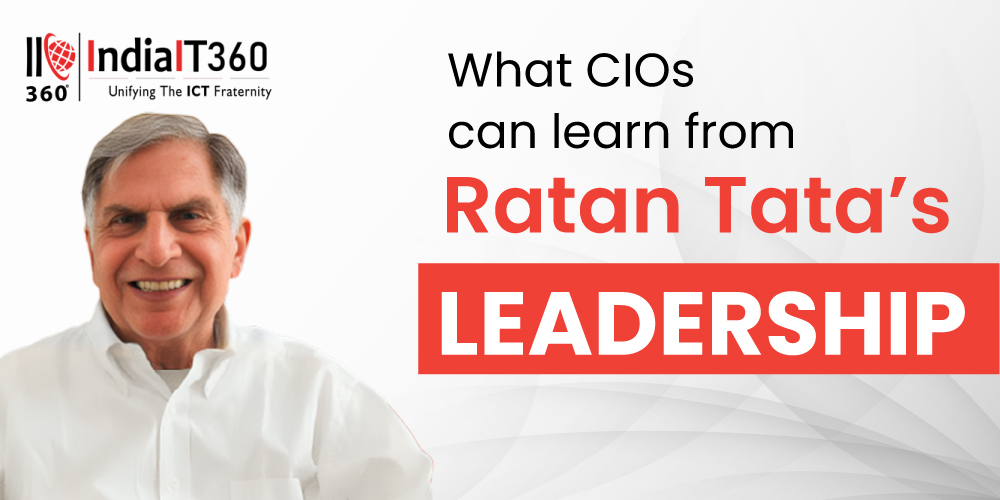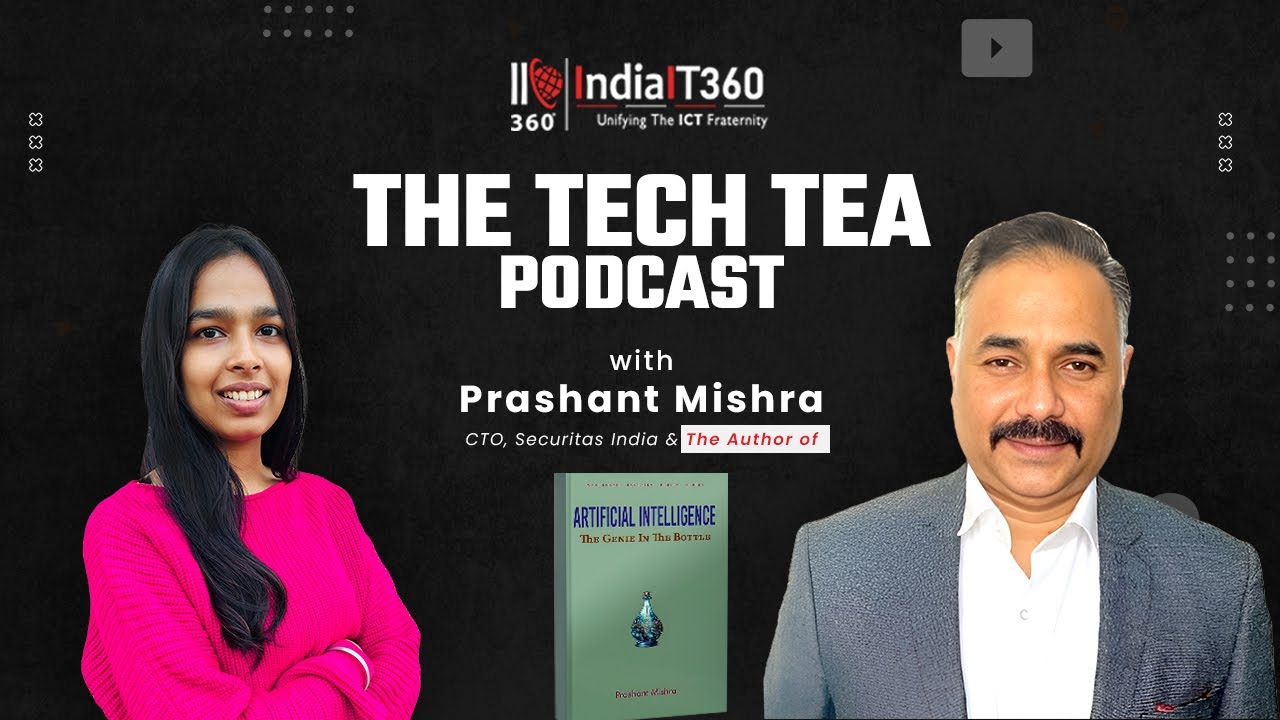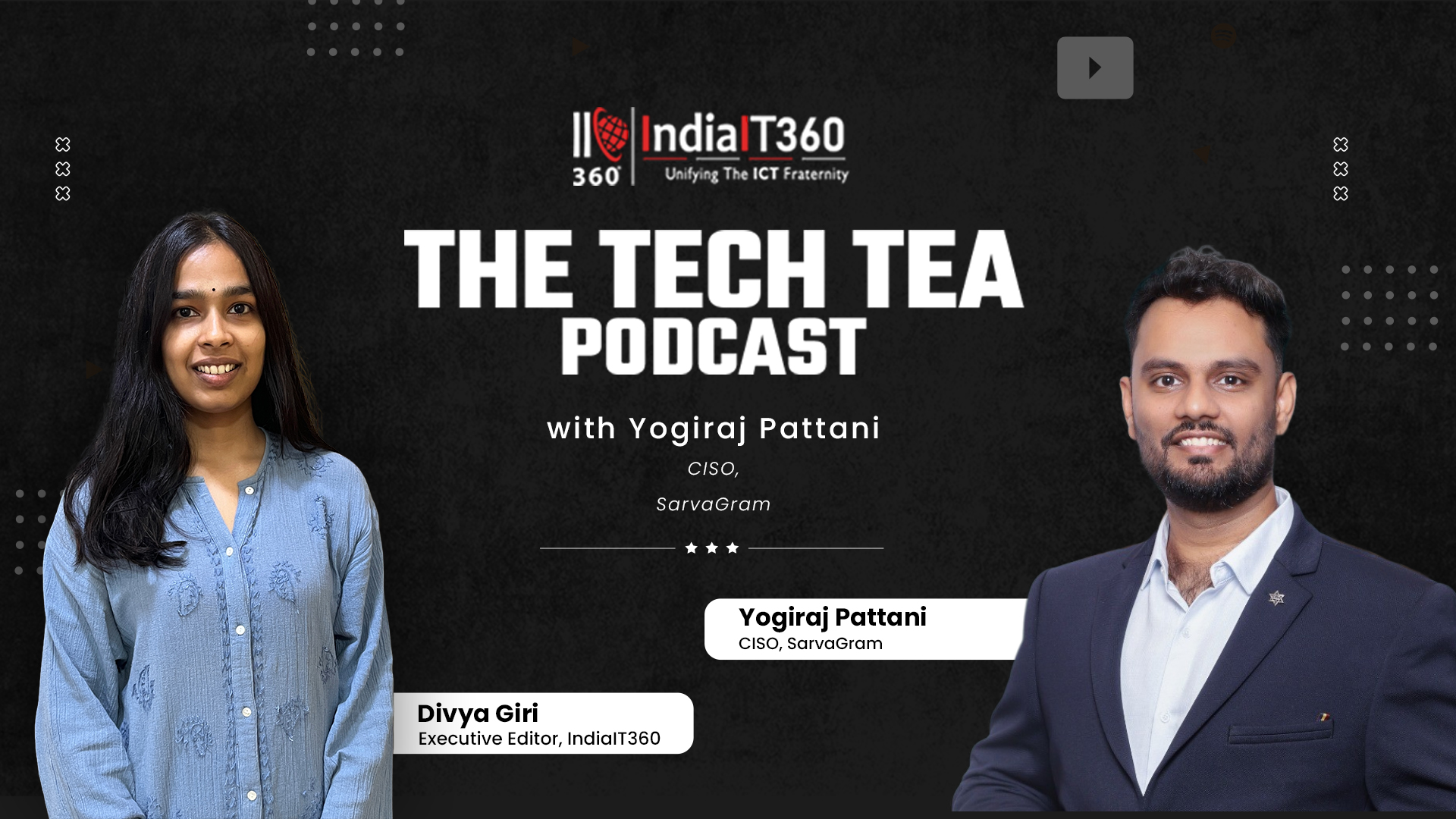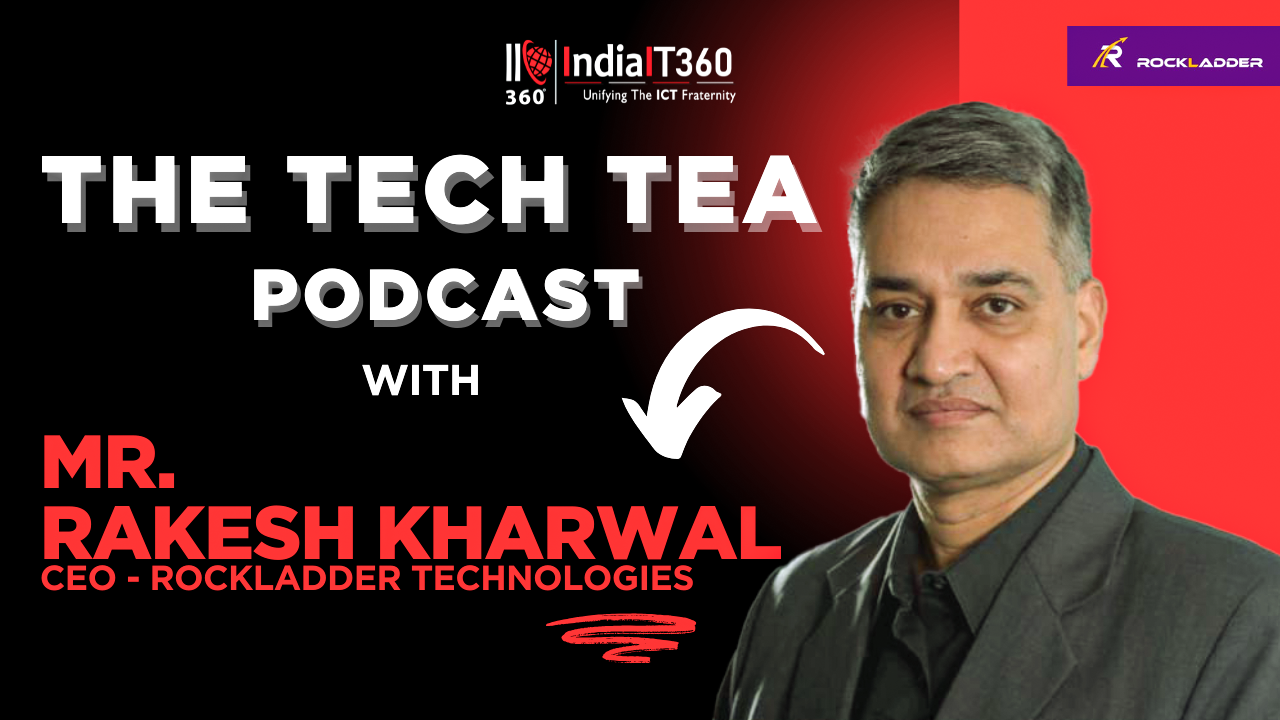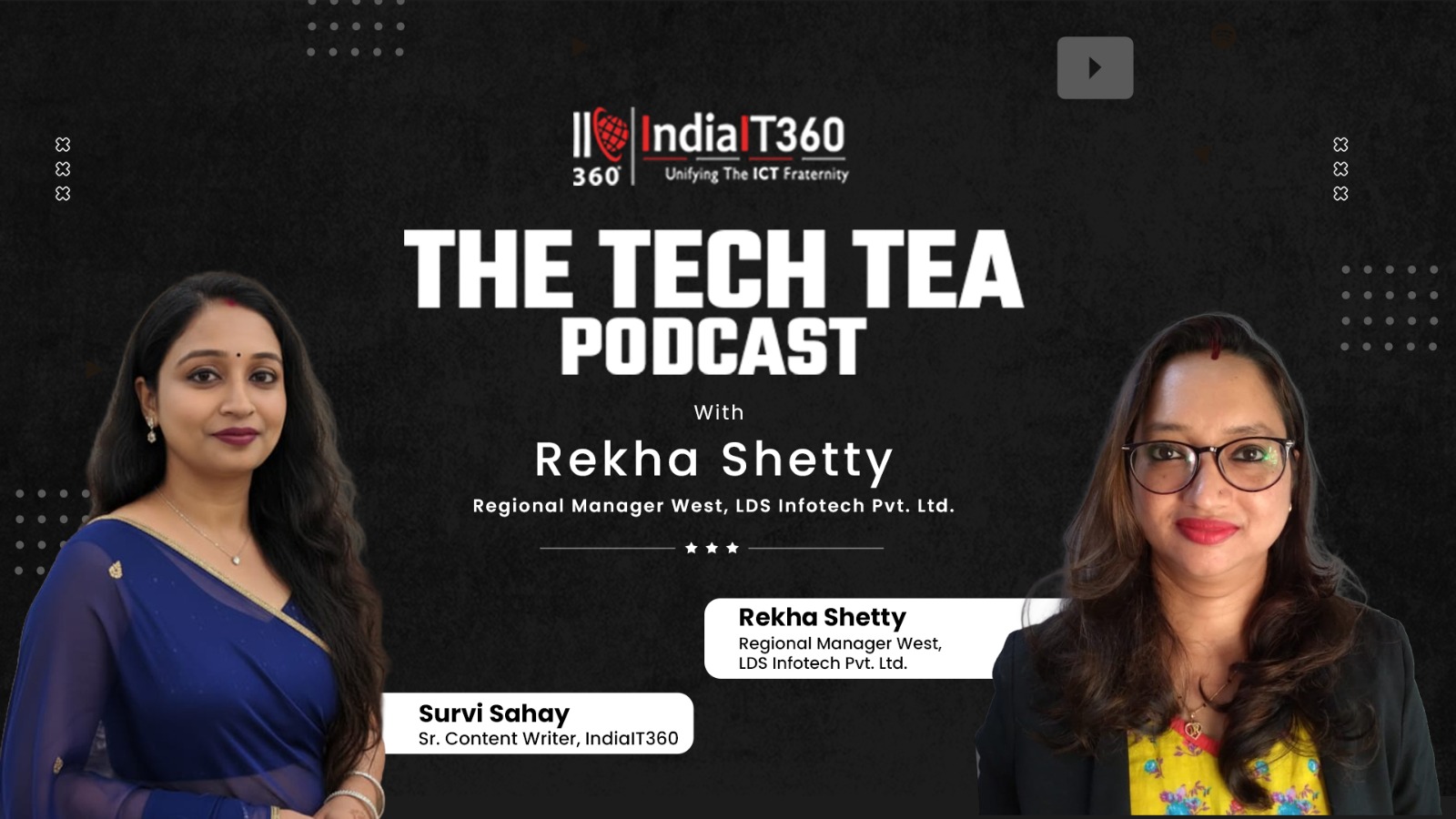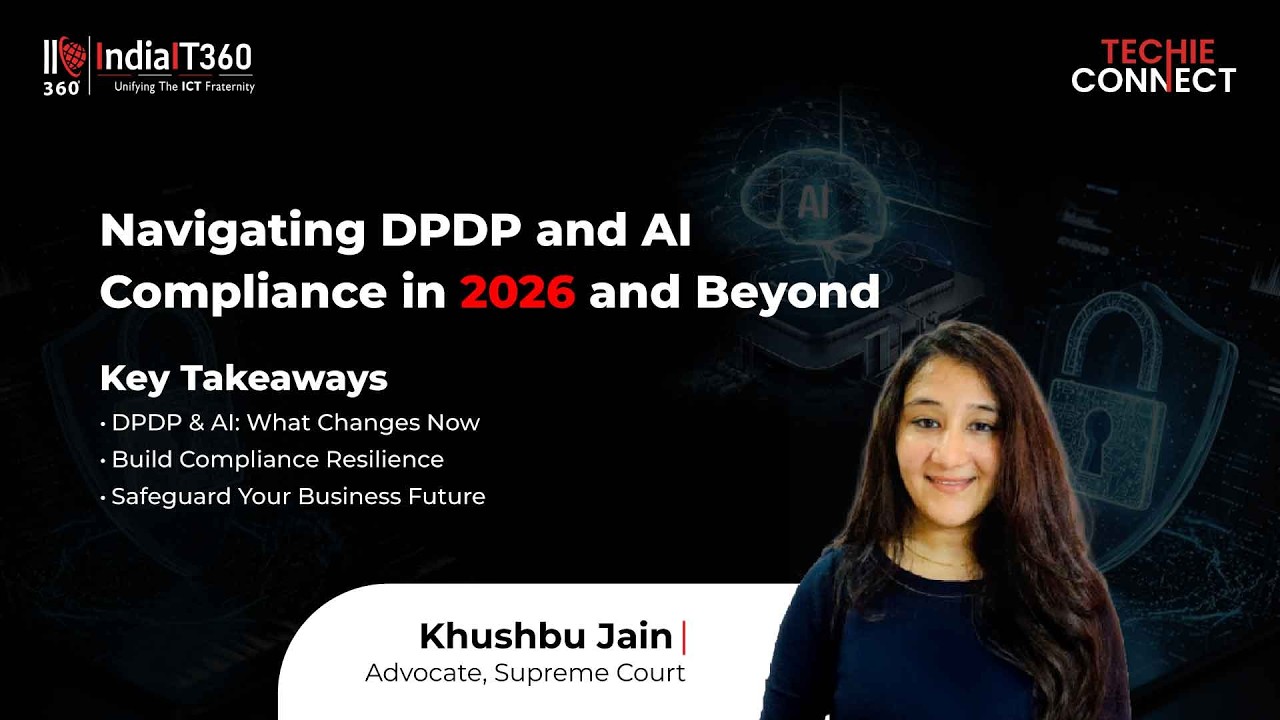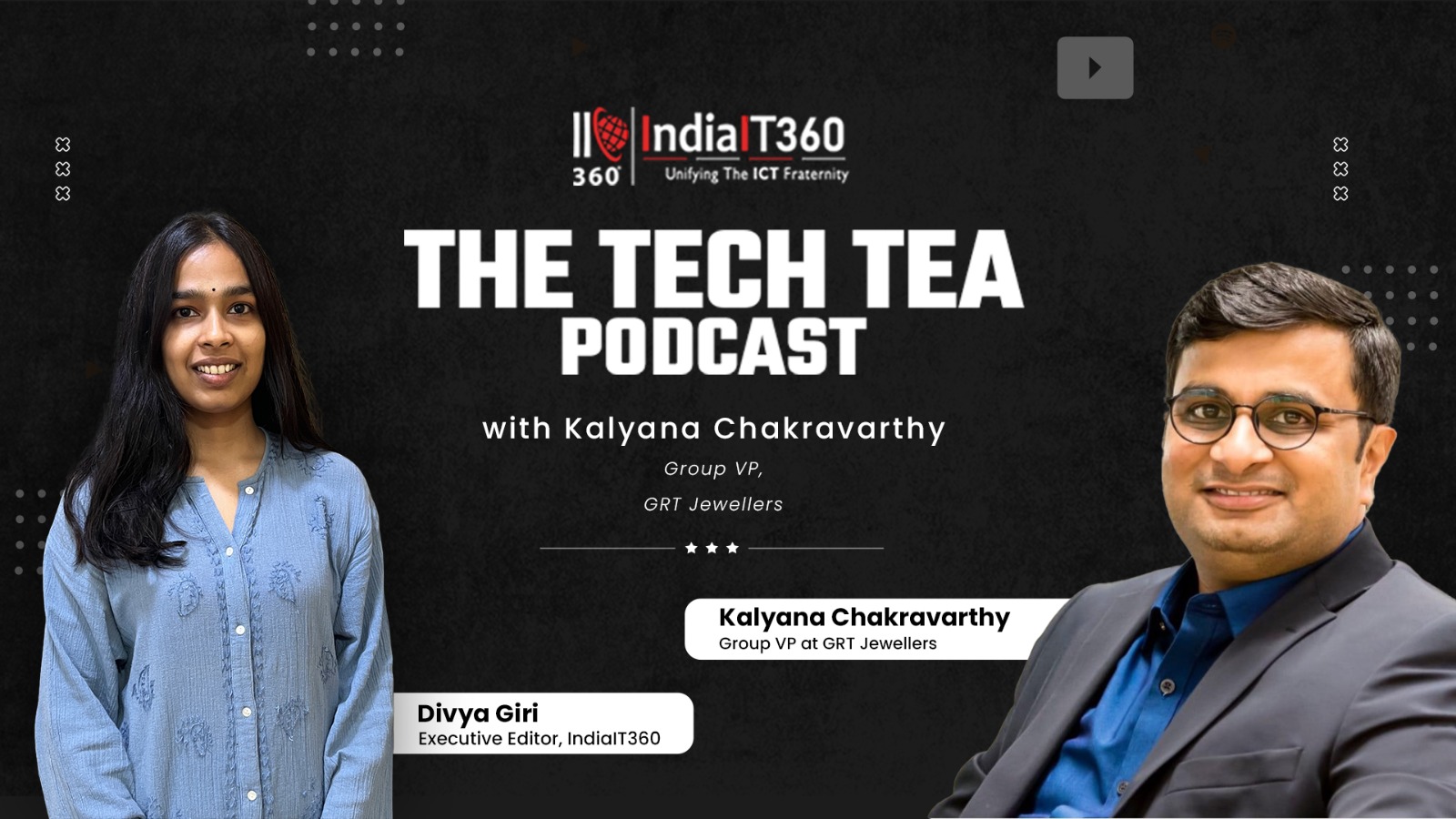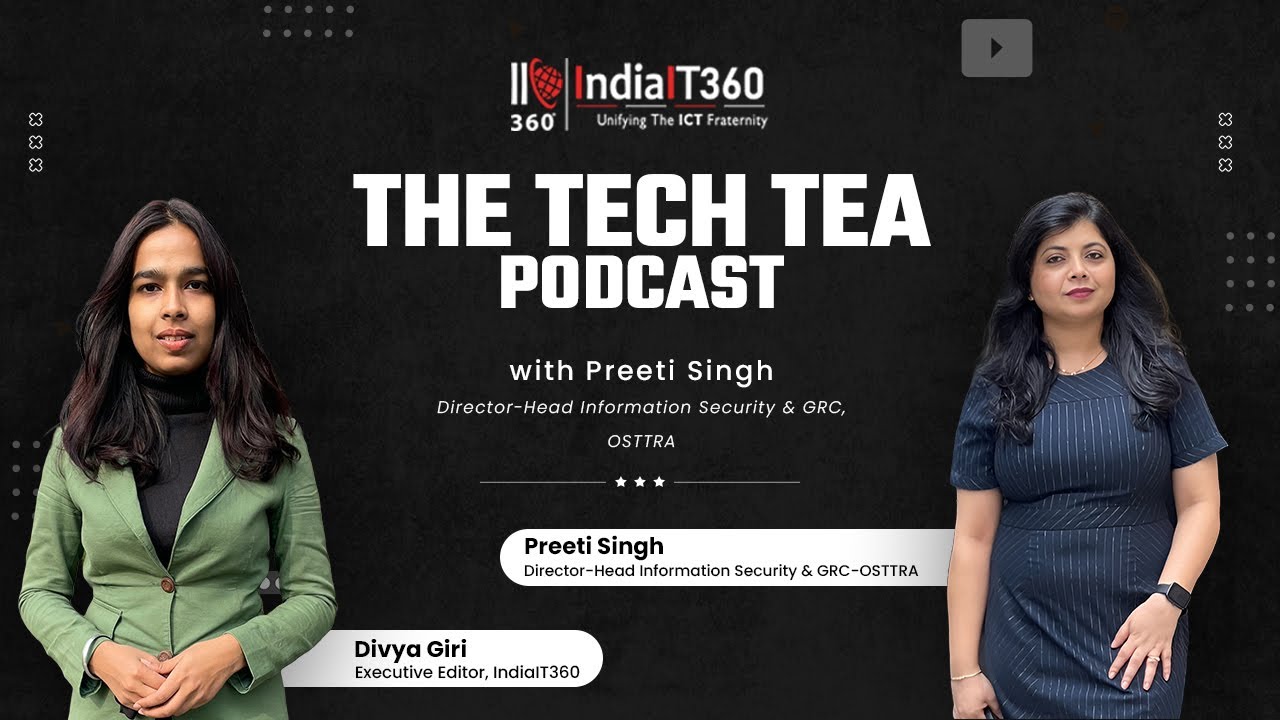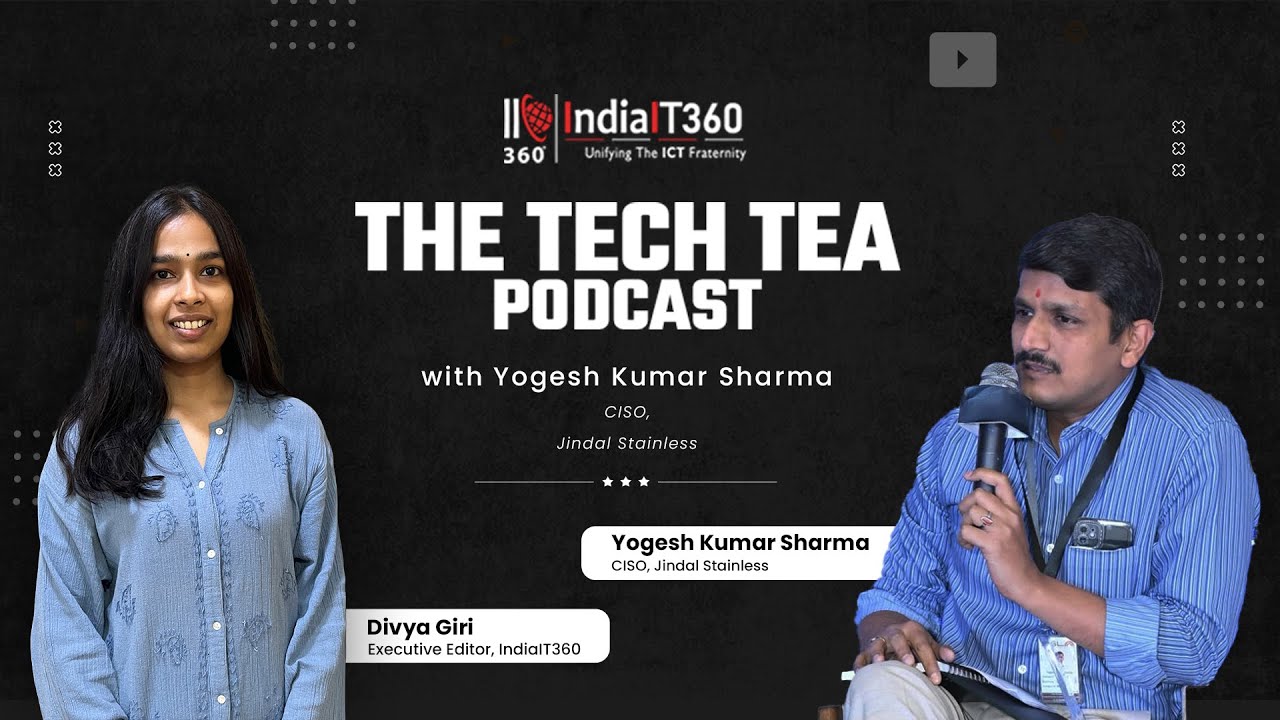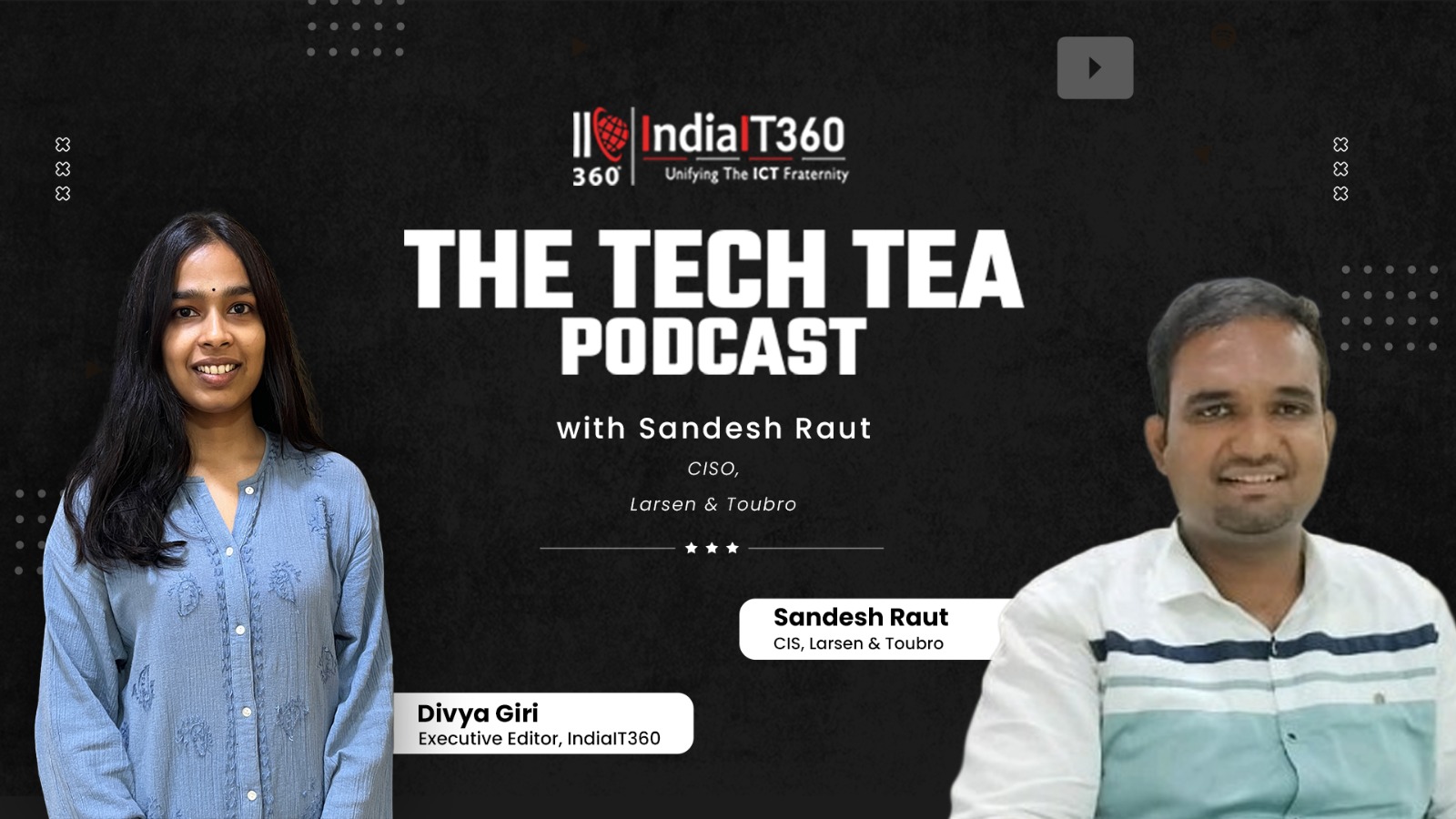Leadership Lessons CIOs Can Learn from Ratan Tata
Ratan N Tata, the former chairman of Tata Sons, was known for his visionary leadership, which has shaped the Tata Group into a global powerhouse. His overall approach provides valuable lessons for CIOs that can help them navigate the difficulties of today’s business space.
Here are some prime principles from Ratan Tata’s leadership that CIO can take:
- Ethical Leadership
Ratan Tata showcases ethical leadership, maintaining integrity and transparency in all business dealings. Under his leadership, Tata Group created a space to foster stakeholder's trust and loyalty, enhance organizational reputation, and mitigate risks.
By incorporating these ethical practices, CIOs can lead their teams with strong morals and ensure that the tech and innovation align with the company’s values.
- Balance Innovation and Company Heritage
Ratan Tata knew quite well how to balance innovation with the Tata Group's rich heritage. He welcomed innovative ideas and technologies while respecting the organization's values.
CIOs can now learn to embrace innovation in the IT sector while resonating it with their company’s core values. This way, they can create a cohesive identity that employees and customers can trust. They can also promote a culture of innovation and drive meaningful changes without alienating stakeholders.
- Long-Term Vision Over Short-Term Gains
One of Ratan Tata's hallmark strategies was focusing on long-term vision rather than short-term profits. He stated, “I don't believe in making the right decisions. I take decisions and then make them right.” Keeping this in mind, CIOs should stick to a long-term perspective in their IT initiatives; this will assist them with technological advancements that align with the organization's overarching goals.
- Diversification and Adaptability
Ratan Tata expanded his empire to steel, automotive, telecommunications, and other sectors, which allowed the firm to weather economic downturns and gain new opportunities.
For CIOs, embracing diversification in tech can easily lead to enhanced resilience. In this way, they can have a knowledge-sharing culture within your team. CIOs can also be assured that organizations remain firm and competitive in dealing with market shifts.
Conclusion
Ratan Tata’s leadership offers a rich plethora of lessons for CIOs willing to work on the difficulties of the digital age. By keeping these ethical leadership pointers in mind, CIOs can lead their organizations towards growth and success. In this era, where tech is evolving quickly, adopting these principles can help CIOs have a long-lasting impact within their organizations.




